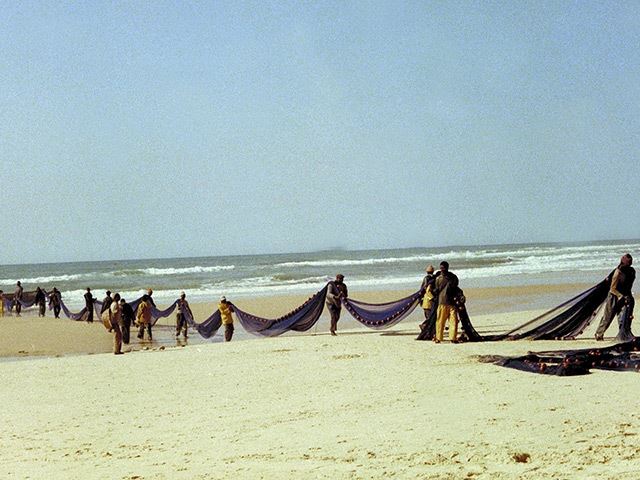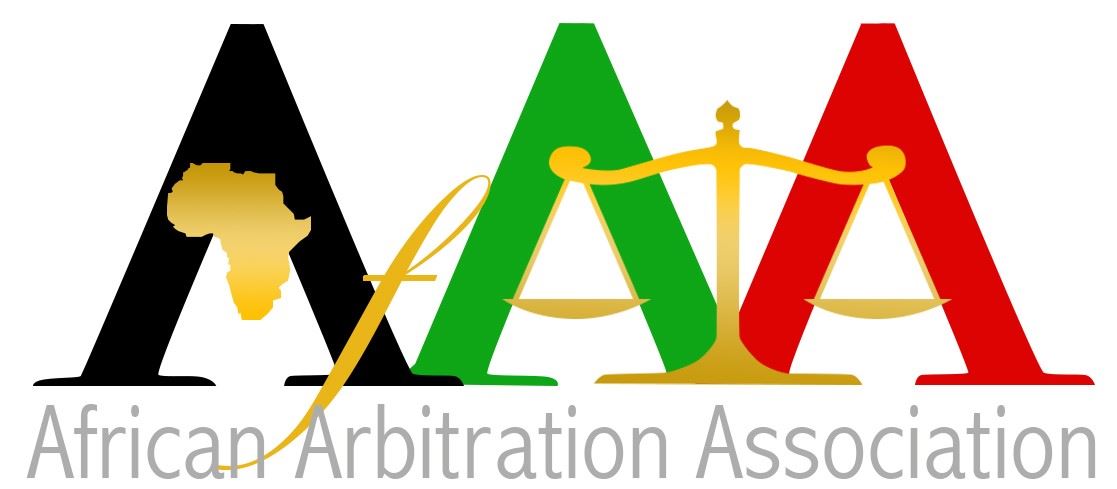arbitration / adr news
PetrolNor returns to arbitration in Senegal Dispute 5 April 2021  PetroNor’s bid to avoid arbitration over a licence dispute with Senegal has failed The OSE-listed company said it was unable to reach a satisfactory solution with the country. As a result, it will return to formal arbitration. PetroNor and Senegal agreed to suspend arbitration in May 2020. The dispute is over the Rufisque Offshore Profond (ROP) and Senegal Offshore Sud Profond (SOSP) licence areas. “We had hoped for a different outcome given our proactive and flexible efforts and the progress of discussions in recent months that would have seen a deal that preserved the value for the people of Senegal,” said the company’s chairman Eyas Alhomouz. “However, we have not been able to find middle ground. Negotiations have undoubtedly been hampered by a number of factors including the inability to travel to Dakar as a result of the pandemic and ministerial changes throughout negotiations. “The strength of our position has not changed, and we will now progress this through the independent channels as we seek to retain the value of this investment for the benefit of our shareholders,” the executive said. Moving forward PetroNor has had “extensive dialogue” with the presidency and the ministry, Alhomouz said. However, the Senegalese side had “not been able to move the dialogue forward” and so arbitration will resume. The chairman did note, though, that if the government can suggest a mutually beneficial resolution, PetroNor would be open to an agreement. The company said the failure of talks was a disappointment. However, the company’s board and legal team are “wholly confident” in its position, the statement said. Senegal awarded the ROP area to Total, with the French company drilling an exploration well in 2019. The second block, SOSP, was offered to bidders under Senegal’s 2020 licence round. The ministry had hoped to close this last year but did not manage it. PetroNor inherited the Senegal arbitration claim following its acquisition of African Petroleum. The initial suspension was for six months. The two sides agreed to extend discussions in a bid to reach an agreement. Source: Energy Voice |
